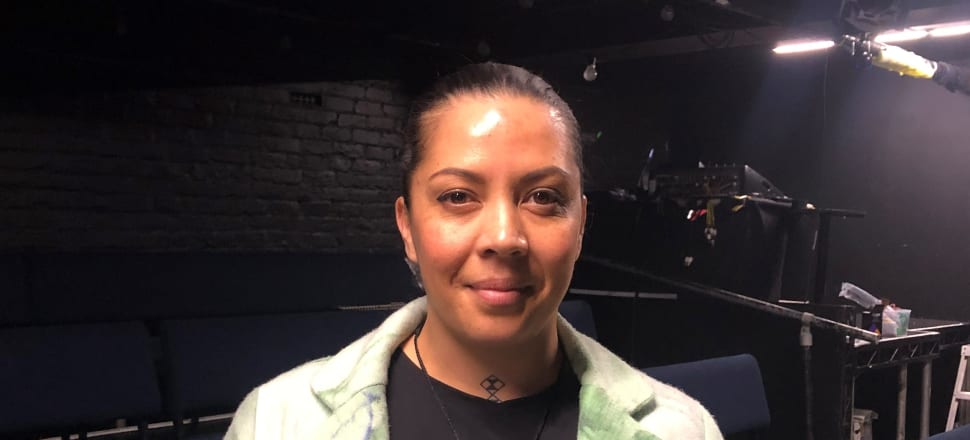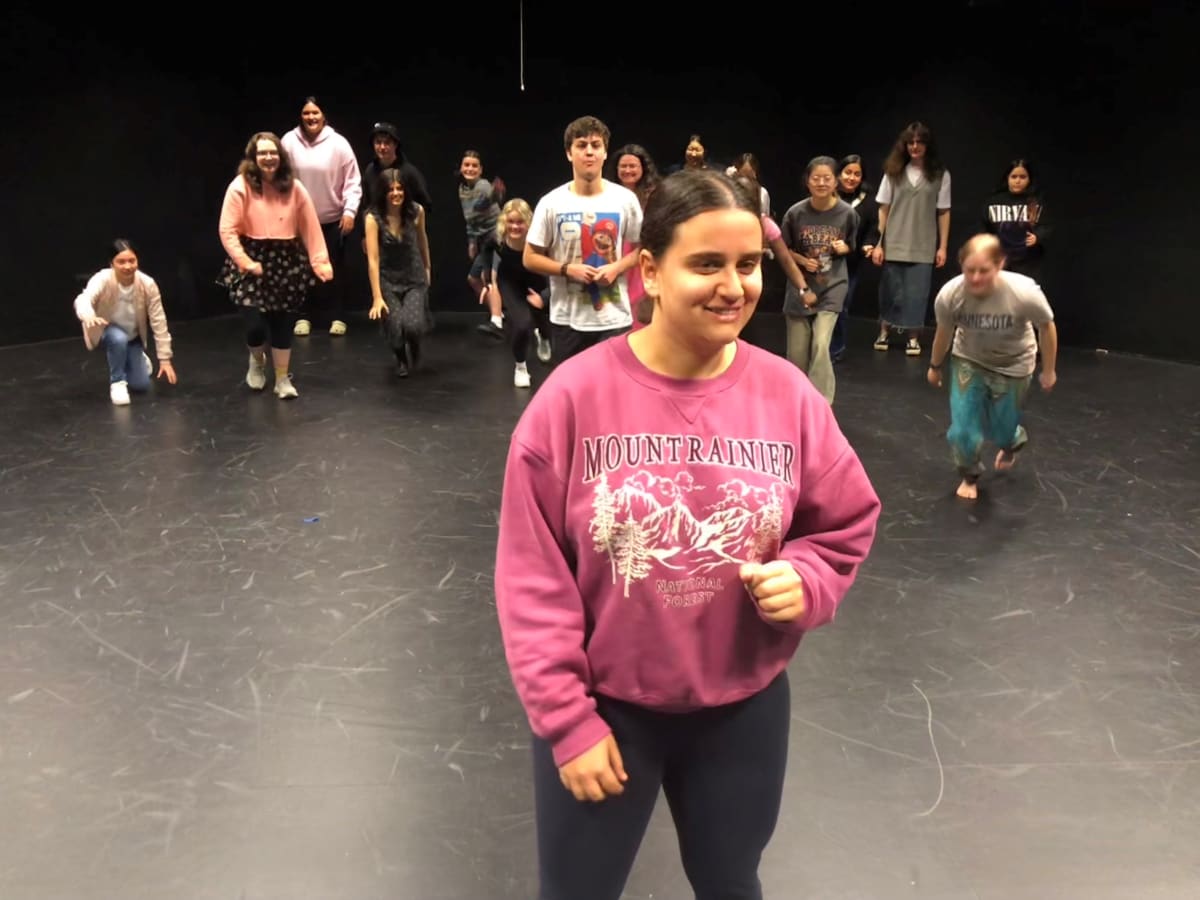
Starved of live entertainment after two years of pandemic restrictions, people are returning to theatres in big numbers. But as universities consider the future of their theatre programmes, will there continue to be a pipeline of talent for the industry?
Going to a performance at Basement Theatre in Auckland could cost you $5, if you want. Or you could spend $250.
And if you're an artist, you can hire the theatre at no cost.
It doesn't sound like a recipe for success, but the non-profit, publicly funded theatre that can be found in a carpark behind Queen Street, is thriving, says the executive director Cat Ruka.
"Let's not create a false picture though," says Ruka, who credits her admin team who've worked hard during the disastrous Covid years, when theatres all over the country were closed.
"It's not without its constant challenges for us, it's not without burnout," she says.
The theatre introduced the 'Choose What You Pay' and 'Hire For Nothing' schemes as a way of drawing people back.
"What became really obvious to us during the pandemic was how wronged our independent artists have been in terms of the financial aspect to making theatre," Ruka says.
The team set about breaking down the financial barriers to theatre work.
New models of supporting independent artists are being explored in other countries grappling with keeping theatres open. It comes at a time when tertiary education in theatre is being slowly eroded, as cash-strapped universities look for ways of cutting costs, and public funding for theatres is under intense pressure.

James Wenley, a lecturer in theatre at Te Herenga Waka Victoria University, says the country is at a tipping point when it comes to investing in the industry.
"We have to decide, 'What do we want as a country?' and obviously I would be arguing that this is something that we need to have more of, not less, and we are at this tipping point where we could go either way."
Wenley's own future is uncertain as the university proposes axing the theatre programme, and merging theatre studies with the English programme, cutting half the academic theatre positions, removing the technical and administrative positions and "deprioritising" the performance and production elements of the courses, in favour of the analysis of theatre works.
A decision is due in September, but like other tertiary-level theatre academics, Wenley is fighting hard to keep the 53-year-old programme at Victoria.
The battle comes amid an overall fall in student enrolments in theatre courses. At Victoria University, students studying theatre as a major have fallen from 222 in 2020 to 205 this year, while those majoring in drama as part of an arts degree at Auckland University have fallen from 148 in 2021 to 94 this year. However, at Otago, theatre major numbers have increased since 2019.
Wenley says the department is constantly innovating and reviewing the best way to teach the subject, and the results are strong.
"Our graduates continue to be in demand in the industry. Looking at Wellington, our graduates are all over the place in terms of the stages, behind the scenes and other careers as well."
He argues that now is the right time to be investing more in the programmes, as well as publicly funded theatre, but instead the industry is expecting a contraction.
"We had a really significant increase just to get us through the pandemic – and the performing arts industry has got through – but it continues to be really challenging.
"I think this is the disconnect, because more New Zealanders than ever have come to really understand the value of arts and culture, we've really seen how important that is.
"There are many shows out there at the moment that are selling out, so theatre continues to be relevant, but it is that larger question of how we actually value it as a society."
Wenley tells The Detail that the way artists are funded is under review in countries like Ireland, which is trialling an artist's wage or guaranteed income.
"I think this is something that we need to start looking at here. Creative New Zealand is currently doing a review of how they fund and it looks like there's going to be quite a substantial transformation next year but I think that's also something that is going to have to be supported politically and that will be interesting in terms of where the election lands."
Hear more about the plight of theatre in the full podcast episode.
Check out how to listen to and follow The Detail here.
You can also stay up-to-date by liking us on Facebook or following us on Twitter.








